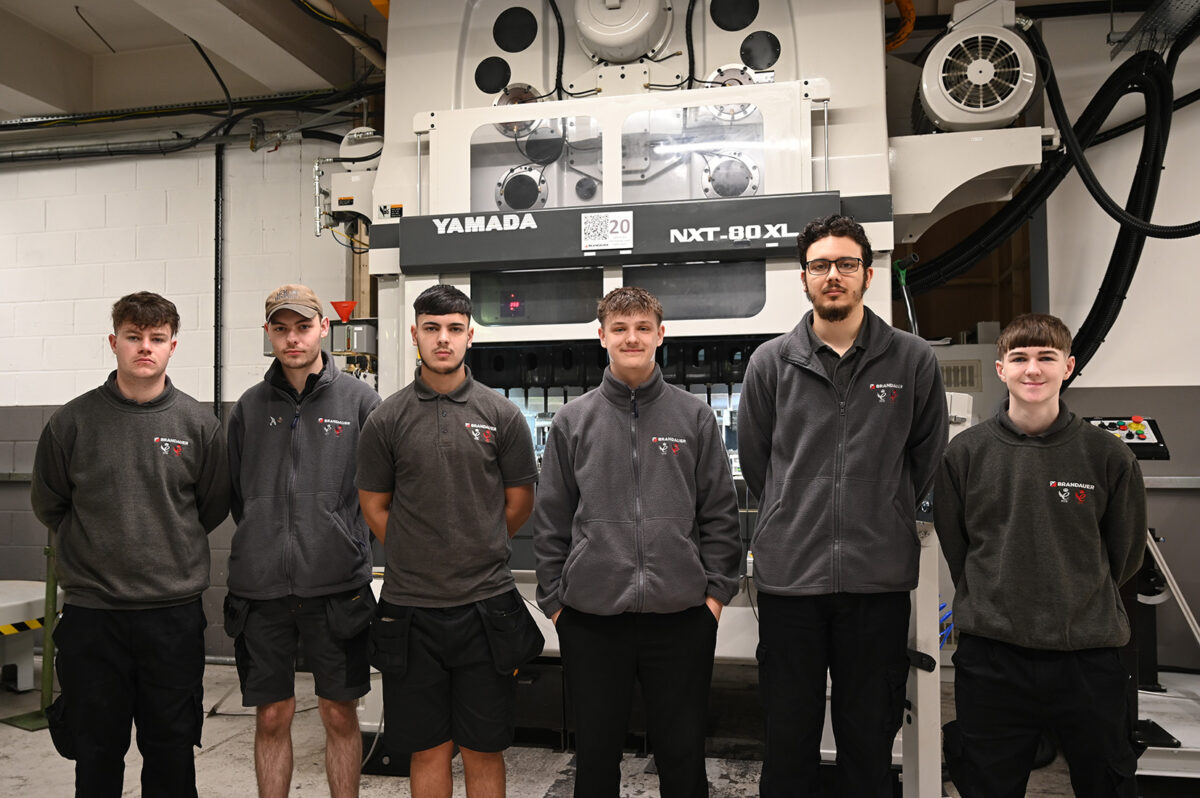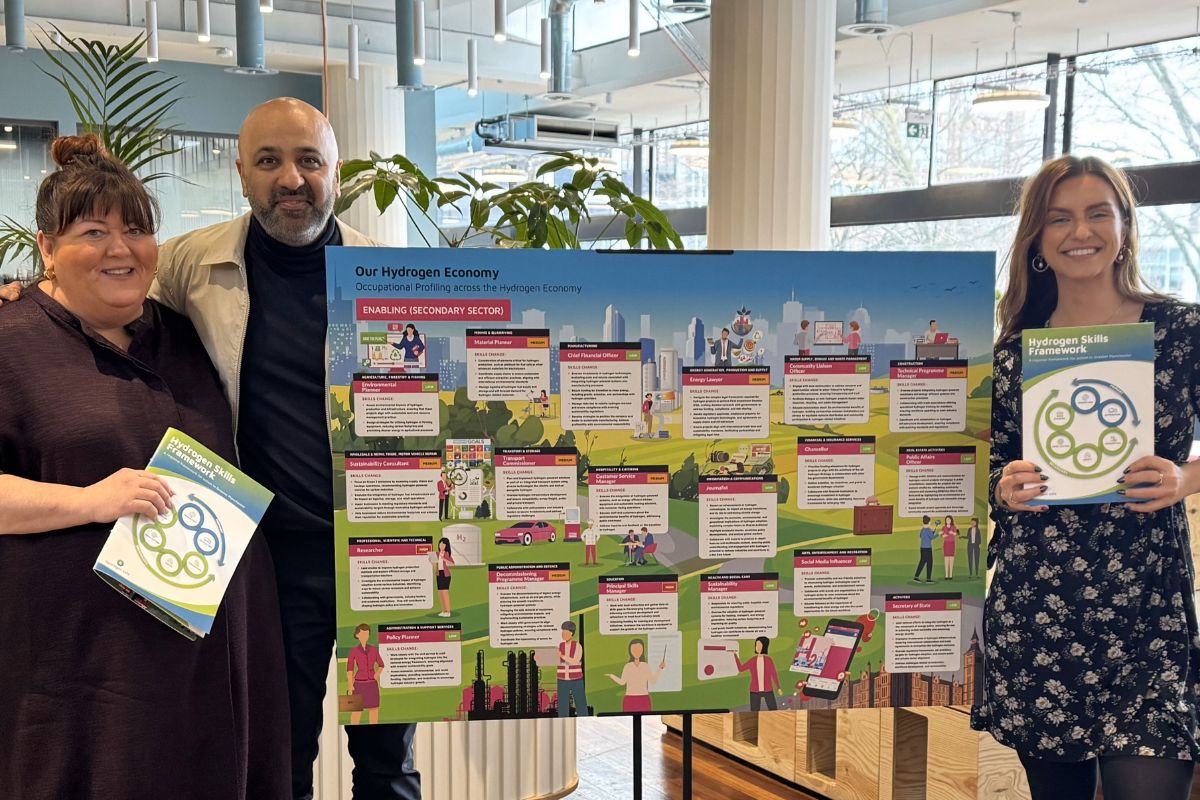Understanding end-point assessment: a crucial step for on-programme apprenticeship trainers

In the ever-evolving landscape of apprenticeships, staying updated with assessment methods as standards are revised is crucial for on-programme trainers.
The Level 3 Understanding End Point Assessment (EPA) course offered by the Strategic Development Network (SDN) is designed to provide this knowledge, enhance outcomes for your learners, give you an EPA-focused qualification and, most importantly, the practical tools to adapt and evolve your practice – thanks to the comprehensive experience of the tutors.
In this blog post, Course Tutor and SDN Senior Associate, Emily Hughes, explains how the course works and why so many on-programme assessors use it for Continuous Professional Development (CPD)…
Why is this course great for on-programme staff?
“Firstly, the open cohort is flexible around individuals. It’s delivered online, through self-study and two half-day mandatory webinars, making it easy to fit around existing work commitments.
“We describe it as looking over the fence (or the ‘gate’way), allowing on-programme assessors and employers to understand things from an End Point Assessors point of view and get a better understanding of why they make the decisions they do.
“The course is also not focused on a single sector. This is great, because delegates expand their understanding of the challenges and solutions in other industries to inform their practice. They also meet a group of interesting people on the webinars. All materials are accessible no matter which sector the assessor is an expert in!”
Do you cover all assessment methods in the course?
“Yes. As apprenticeship standards are reviewed, many see changes to their EPA methods. For instance, some standards now include professional discussions or have new integrated mandatory qualifications. These changes aim to make the assessment process more robust and reflective of industry needs.
“By covering all assessment methods, we give delegates a broad perspective, which is invaluable, but it also allows them to be ready to respond as assessment methods continue to change and evolve in the future.”
What’s the pass rate like?
“All delegates who submit their assignments are supported to ensure a successful outcome. However, the true value lies in the richness of the content and the scenarios we create that help people in their day-to-day roles.
“Both Chris and I have been fortunate enough to work with, and advise, over 60 End Point Assessment Organisations (EPAO) and develop EPA activity. We’ve also worked on the delivery side, developing curriculum and delivering training across different programmes and standards, alongside providing governance to EPAOs.
“This means we can draw on that experience to provide delegates with the tools they need to excel. For example, we talk about real life examples of end-point assessments where a learner’s wife has gone into labour or assessing competency of prisoners in a secure environment.
“These real, but interesting, examples help delegates better understand end-point assessment and how to prepare their learners for whatever might happen in their EPA.”
Level 3 Award in Undertaking End-Point Assessment
What our delegates say:
“I absolutely loved the course and will be recommending the course to others.”
“The course has been outstanding. Very high standard of training from highly experienced and credible practitioners”
“Vital course for anyone who is considering a career as an end-point assessor”











Responses